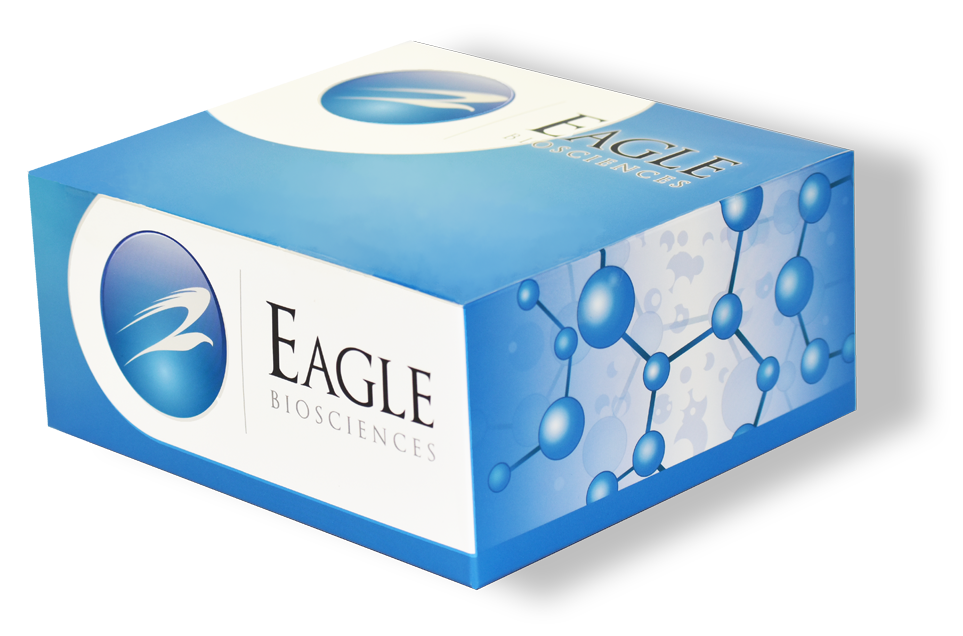Prealbumin, also known as transthyretin, is a low-molecular-weight plasma protein primarily synthesized in the liver and choroid plexus. It functions as a transport protein for thyroxine (T4) and retinol-binding protein–vitamin A complexes. Due to its short half-life of approximately 2 days, prealbumin serves as a sensitive marker of nutritional status and protein synthesis, reflecting acute changes in protein metabolism more rapidly than albumin. In rats, prealbumin levels are often measured in experimental studies to assess the effects of dietary interventions, disease states, or drug treatments on liver function and overall protein homeostasis.
A rat prealbumin ELISA allows for precise quantification of circulating prealbumin in serum or plasma. In research settings, this assay is commonly used to evaluate nutritional status, liver function, and systemic responses to inflammation or stress. It can also serve as a marker in experimental models of malnutrition, liver disease, or metabolic disorders, providing insights into the physiological and pathological regulation of protein synthesis.
While the use of rat prealbumin ELISA is primarily preclinical, findings from these studies can have translational relevance to human health. Clinically, prealbumin is used in humans to monitor nutritional support, detect early protein-energy malnutrition, and assess recovery in critically ill patients. In preclinical studies with rats, ELISA-based measurement of prealbumin can similarly inform interventions aimed at improving nutrition, evaluating therapeutic effects on liver function, or studying diseases that alter protein metabolism.
This product is manufactured in USA by Eagle Biosciences.
| Size | 1 x 96 Well |
| Sensitivity | 4.508 ng/mL |
| Dynamic Range | 15.625 ng/mL – 500 ng/mL |
| Incubation Time | 1 hour |
| Sample Type | Serum, plasma |
| Storage | 2-8°C |
| Alternative Names | Transthyretin, thyroxine-binding prealbumin, and TTR. |

